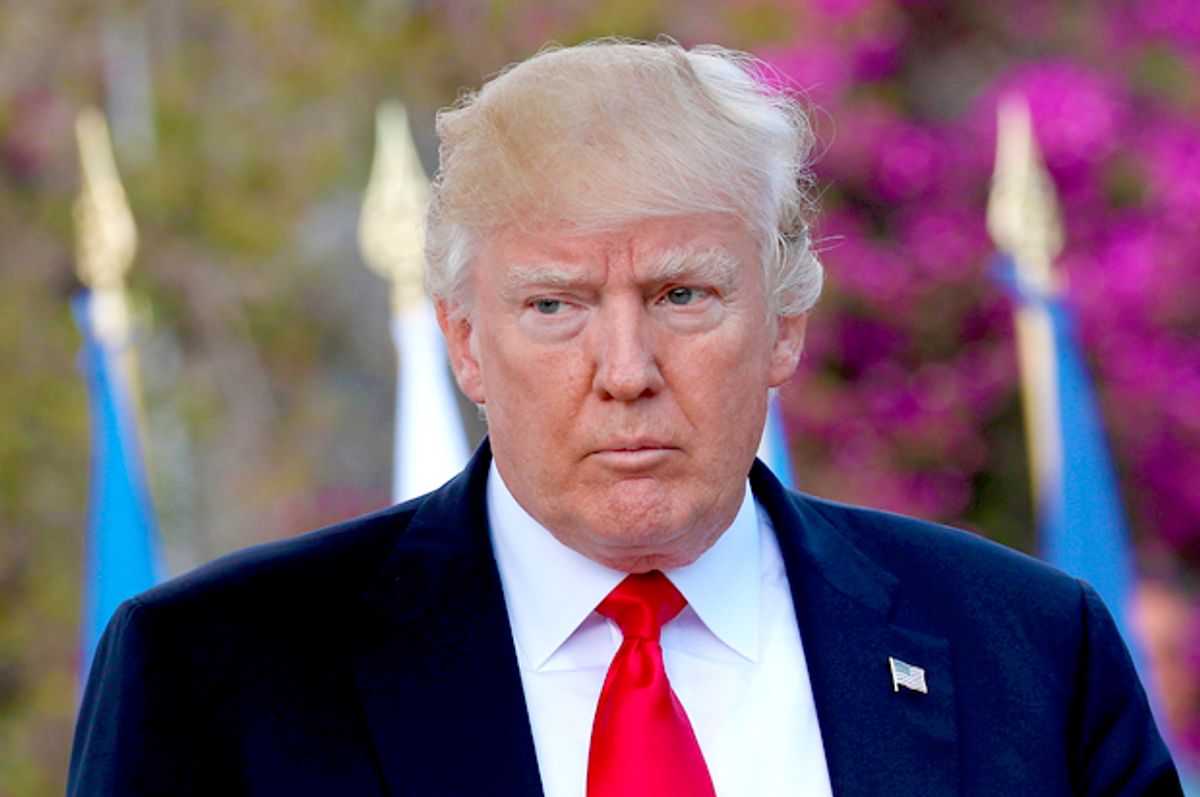Even before former FBI Director James Comey accused President Donald Trump of lying during his testimony before the Senate Intelligence Committee on Thursday, one prominent Republican had already come forward that he doubted Trump's fitness to be president.
That man was Karl Rove, the former top adviser to President George W. Bush.
[salon_video id="14777739"]On Wednesday, Rove wrote an op-ed for The Wall Street Journal, arguing that Trump "may have mastered the modes of communication, but not the substance, thereby sabotaging his own agenda." The former GOP wunderkind claims that Trump "lacks the focus or self-discipline to do the basic work required of a president" and argued that "his chronic impulsiveness is apparently unstoppable and clearly self-defeating." He specifically cited Trump's tweets about his proposed travel ban against six Muslim-majority countries, observing how the president's use of the phrase "travel ban" undermined his legal case. He added that various self-contradicting tweets suggests the president is "disregarding basic fact checking" and exacerbates "the already considerable doubts Americans have about his competence and trustworthiness."
Rove also denounced Trump's language when pulling America out of the Paris climate accord, saying that instead of questioning "the motives of international partners" he should have instead "heralded America’s success in reducing greenhouse-gas emissions."
While Rove's editorial occurred before the Comey testimony, it touched on themes that were remarkably similar to those broached by another right-wing pundit, Erick Erickson, in his analysis of that event after it happened.
Although Erickson opens by saying that he doesn't "believe Donald Trump obstructed justice," he added that "we . . . know President Trump lies regularly."
As a result, when it comes to the question of whether Trump is lying about asking Comey to shut down the investigation into former national security adviser Michael Flynn, Erickson wrote he believed that "the public will latch on to Comey as the honest broker" because Comey was willing to criticize both Democrats and Republicans. As Erickson concluded, "the president only won because he convinced 70,000 people in Wisconsin, Pennsylvania, and Michigan that he was not as bad as Clinton," Erickson is concerned that "if there are at least 70,001" voters who will take Comey's word over Trump's, the Republican Party will be in big trouble.



Shares